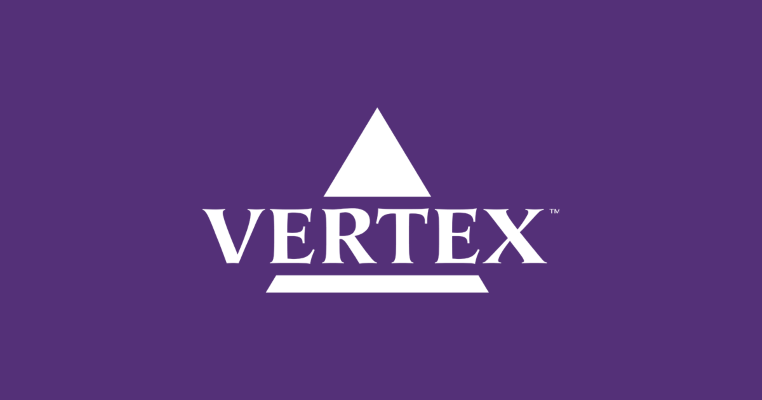Treatment with the selective NaV1.8 pain signal inhibitor VX-993 after bunionectomy surgery did not meet the primary endpoint

Vertex Pharmaceuticals announced topline results from its recently completed Phase 2, randomized, double-blind, placebo-controlled dose-ranging study evaluating the safety and efficacy of its investigational selective NaV1.8 pain signal inhibitor, VX-993, in treating acute pain after bunionectomy surgery.
Treatment with VX-993 did not result in a statistically significant improvement on the primary endpoint of the time-weighted Sum of the Pain Intensity Difference from 0 to 48 hours (SPID48) compared to placebo.
VX-993 was generally safe and well tolerated. Most adverse events (AEs) were mild to moderate, and there were no serious adverse events (SAEs) related to VX-993.
Based on these results, Vertex will not progress VX-993 into pivotal development as monotherapy in acute pain.
“This proof-of-concept study was powered to test whether VX-993 would result in higher clinical efficacy than previously demonstrated with the NaV1.8 pathway,” said Carmen Bozic, M.D., Executive Vice President, Global Medicines Development and Medical Affairs, and Chief Medical Officer at Vertex. “Based on these results, as well as the totality of preclinical data and results from our previous bunionectomy clinical studies, VX-993 is not expected to be superior to our existing NaV1.8 inhibitors and therefore we will not be advancing it as monotherapy in acute pain.”

Subscribe To Our Newsletter & Stay Updated